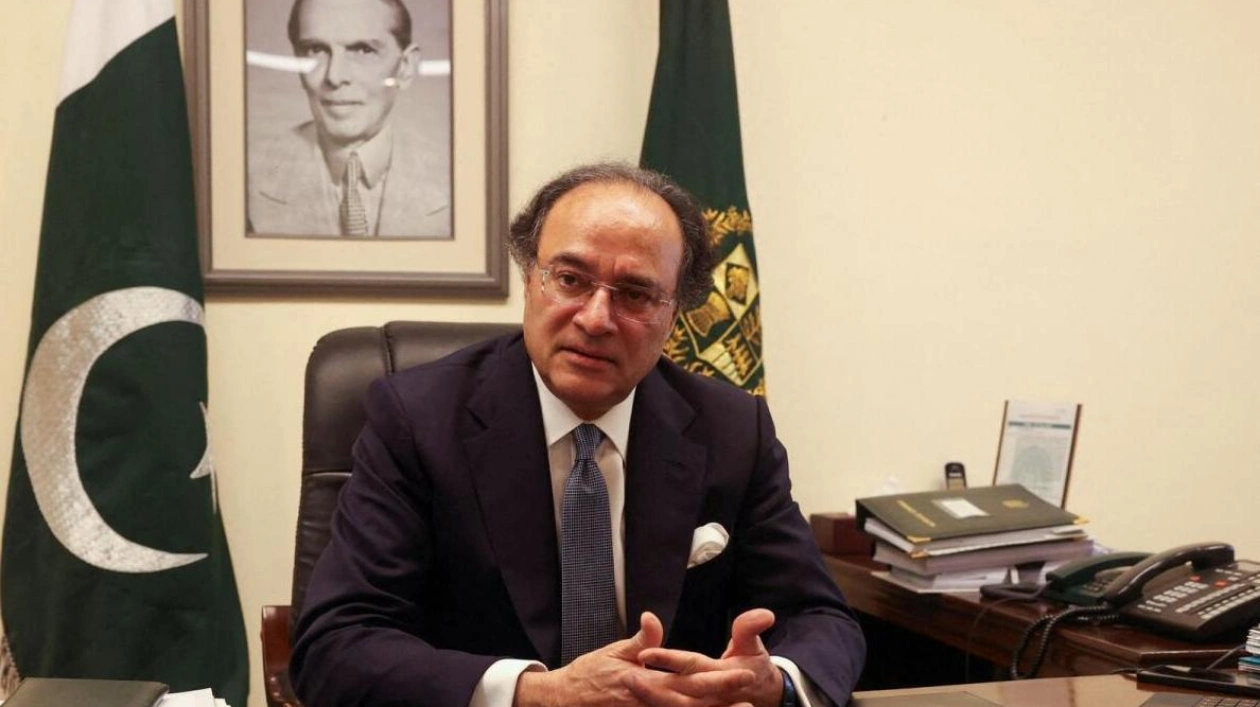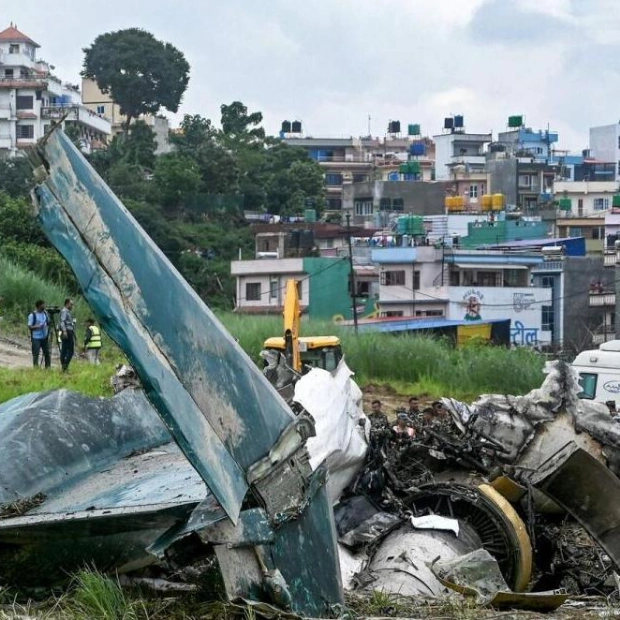Pakistan's foreign exchange reserves are expected to hit $13 billion by the end of March, according to Finance Minister Muhammad Aurangzeb. The country is aiming to secure around $1 billion from the IMF's facility designed to assist low and middle-income countries in mitigating climate risks. "We have formally requested to be considered for this facility," Aurangzeb stated during an interview at the IMF/World Bank autumn meetings in Washington.
The IMF had previously approved a $7 billion bailout for Pakistan, with additional funding available through its Resilience and Sustainability Trust (RST). Established in 2022, the RST offers long-term concessional financing for climate-related expenditures, including adaptation and the transition to cleaner energy sources. "We believe we are a strong candidate for this type of facility," Aurangzeb noted, aiming to finalize the request in the coming months.
Pakistan ranks among the most climate-vulnerable nations according to the Global Climate Risk Index. The floods of 2022, exacerbated by global warming, affected over 33 million people and claimed more than 1,700 lives. The country's economic challenges and high debt burden have hindered its capacity to respond to such disasters.
Pakistan is also negotiating with the Asian Infrastructure Investment Bank for credit enhancement on a planned Panda bond, targeting an initial issuance of $200-250 million by the end of June. This would mark Pakistan's debut in China's capital markets. Aurangzeb mentioned discussions with "a few other institutions" besides the AIIB for credit enhancement purposes. Credit enhancements offer a level of guarantee for bonds, potentially improving their ratings, attracting more investors, and lowering the government's borrowing costs.
Entering the world's "second largest and second deepest" capital market is the primary objective, rather than focusing on a specific issuance size. "From our perspective, it's about diversifying the funding base," Aurangzeb explained. "Even if the inaugural issue is not substantial in size, it's crucial for us to initiate it and then maintain it as a continuous option."
Aurangzeb also revealed that Pakistan has engaged with Middle Eastern banks for commercial loans, with one bank submitting a "relatively significant proposal." The expected $13 billion in foreign exchange reserves by March could support commercial lending and potentially improve the country's credit rating. As of October 18, the reserves stood at $11.04 billion, according to the central bank.
Moody's upgraded Pakistan's ratings to 'Caa2' in August, citing improved macroeconomic conditions, while Fitch raised its rating to CCC+ in July following the IMF staff-level agreement. However, both ratings remain below investment grade.
Source link: https://www.khaleejtimes.com






